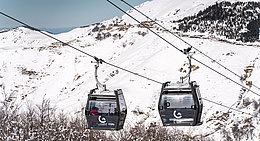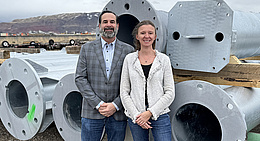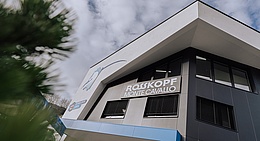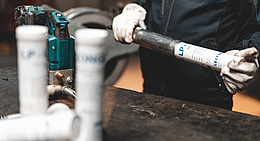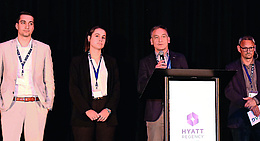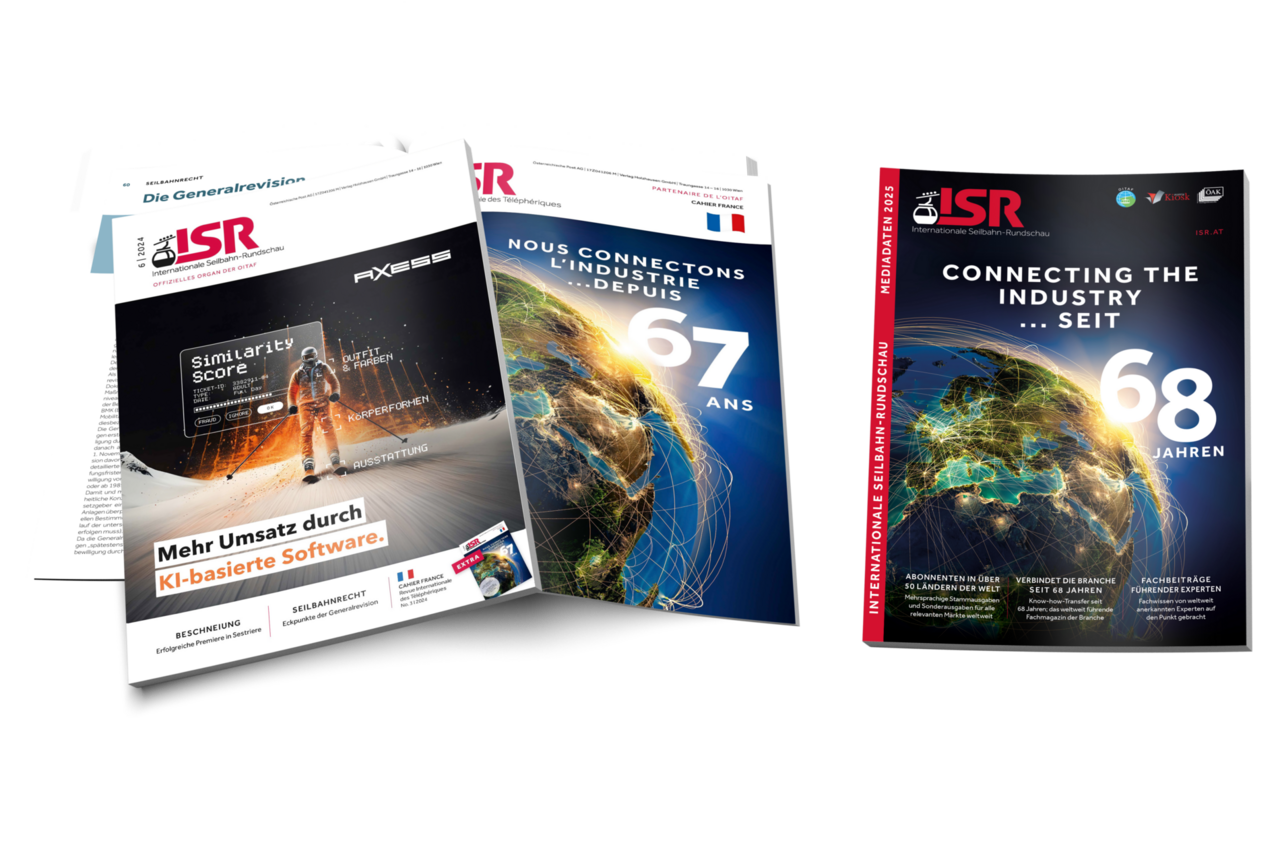ISR: Ms. Pawlak, how did the first estimates go for the 2022-23 ski season in the U.S.?
Kelly Pawlak: Unfortunately, we do not have any results from ski areas, yet. Skier visit data will be released at our 2023 National Convention in mid-May. We expect strong results in the west and average to below average in the northeast and southeast.Extreme weather events like too much snow (UT, CA) caused temporary closures and operational challenges. Wind caused a number of days (or partial days) closed. Extreme cold caused a few closed days but not a significant number.
ISR: What effects did rising energy costs and inflation have on the industry during last winter season?
Kelly Pawlak: Rising energy costs are nationwide and not a problem specific to the ski industry; we factor in those costs like any business would. On the guest side, inflation did not appear to deter participants either from pre-purchasing passes or taking trips.
ISR: In which areas have there been major investments during the last year?
Kelly Pawlak: The 2022-23 season was projected to have its strongest capital investment year ever at just over $886 MM, the majority of which would be invested in new or upgraded lift infrastructure. There were 51 new lifts installed across the U.S. We expect this trend to continue into next season, and into the future. Other significant investment areas include snowmaking, on-mountain improvements (like new lodges or dining outlets), employee development and technology.
ISR: How do you think the industry will change in response to climate change?
Kelly Pawlak: Ski areas big and small across the U.S. have been mitigating their impacts, advocating for broad scale climate solutions, and implementing resiliency strategies in the face of a changing climate. NSAA gives ski area leaders the tools to be effective climate advocates, and to reduce the impacts of their operations. In addition to programs managed by NSAA, ski areas participate in other third-party emissions reduction programs. Ski areas also advocate to elected officials for climate action, including meeting with key lawmakers and writing letters; they educate employees and guests through on-site and digital activations, and invest both in their operations and in community programs to promote sustainable practices.
ISR: What is the position of NSAA towards the media with regard to climate change and other environmental topics?
Kelly Pawlak: While snowsports stand to be directly and severely impacted by climate change, the industry in the U.S. remains resilient and viable, providing over $58 billion in economic impact and broadly contributing to over half a million jobs. This is data that policymakers need to know in order for them to take action on climate to help preserve our industry for the future. Highlighting only climate “doom and gloom” scenarios can lead to apathy from both elected officials and the public, and that does nothing to help skiing and snowboarding.We have to inspire people to participate in and advocate strongly for climate solutions.It is critical to provide an accurate picture of the economic health and importance of our industry, and to encourage people to take action now – because taking immediate action at the local, regulatory and legislative levels is necessary to stem the tide of climate change.
ISR: Mikaela Shiffrin is the world’s best alpine skier of all time. What is the impact of her success?
Kelly Pawlak: Mikaela is an inspiration not only to young girls to try skiing but to all youth interested in a sport. She is proof that you can work hard, be human and vulnerable and be the best in the world. Each year when she competes at the Killington World Cup there is an enormous turnout of youth who march in a parade and enthusiastically cheer her on. She has done for skiing similar to what Tiger Woods did for golf – elevate the sport’s profile and make it cool. And in my opinion, she is just getting started.
ISR: A key theme at last year’s NSAA was Diversity and Inclusion. What has been achieved here and what is the future?
Kelly Pawlak: This year, NSAA has taken the results of the Employee Engagement and Inclusion report and focused on education. In the report we learned that less than half of ski area personnel have ever had any DEI education. With that, NSAA now provides free online education for all ski area staff. For NSAA we work to foster an inclusive attitude in everything that we do and provide our members the resources needed to help them make DEI a primary area of focus. Some of those tools include articles, education sessions and a newly formed DEI committee. We encourage all of our members to turn this education into action, recruit and hire diverse staff members, and utilize marketing that demonstrates an authentic commitment to inclusion.
ISR: Which topics will the ski industry in the USA, and thus NSAA, address more intensively in the coming years?
Kelly Pawlak: Much of the same as there is still much work to be done – safety (including lifts), DEI, climate change and growth. Other areas of focus include technology, workforce development and housing, and government advocacy.
ISR: How is the skiing industry positioned for this?
Kelly Pawlak: The U.S. ski industry is healthy. Evidence of its health includes record skier days and participants, capital investment, workforce investment (wages), revenue and number of ski areas in operation. We have experienced a surge in outdoor recreation since the pandemic and ski areas have benefited due to their ability to stay open and offer something for people to do when many indoor activities were closed. In addition, season pass products sales have increased significantly, creating some protection from unfavorable weather. This is evidenced by the 2021-22 season when the U.S. recorded a record breaking 60.7 MM skier visits during a year with below average snowfall.
ISR: Thank you for the Interview!
Dieter Krestel
The interview was conducted via e-mail in early April 2023.
![[Translate to English:] Foto: Leitner](/fileadmin/_processed_/a/8/csm_Vertragsunterzeichnung_Narvik_6_copyright_LEITNER_print_501f2d5c24.jpg)
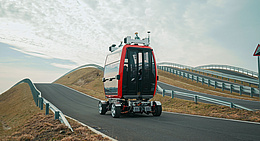
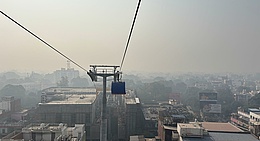
![[Translate to English:] (c) Doppelmayr](/fileadmin/_processed_/b/3/csm_85-ATW_Stechelberg-Muerren_Lauterbrunnen_CHE_001_6442c0520d.jpg)

